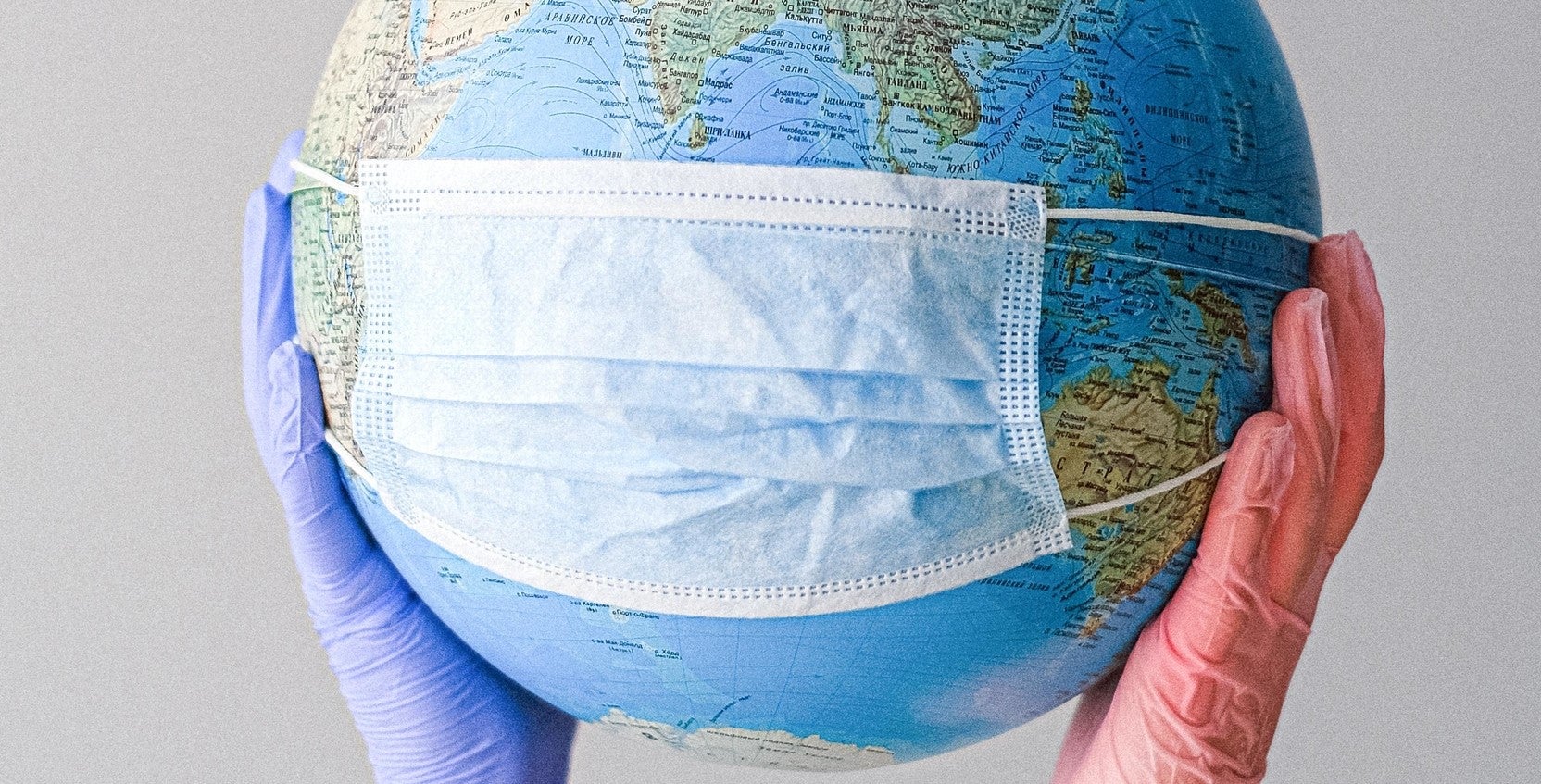Faced with the economic and trade impact caused by the COVID-19 pandemic and the uncertainty about the reactivation of their economies, countries in Latin America and the Caribbean (LAC) should launch a trading strategy: the new Sanitary Diplomacy.
This strategy would comprise a series of initiatives to harmonize international regulations, improve internal sanitary management systems, and promote business activity abroad, which would enable countries to strengthen their capacity to increase international trade during and after the pandemic.
The proliferation of sanitary regulations
The pandemic has understandably increased sensitivity over sanitary issues related to the global flows of people and goods. After all, these flows caused the global spread of the virus.
This new reality has prompted further and more demanding checks and controls for goods entering countries. More significant sanitary and phytosanitary measures are more visible at borders,[1] as are more sophisticated processes and technologies for overseeing and enforcing these measures.
The proliferation of health regulations may sow the seeds for abuse, meaning that new measures against COVID-19 can become an unnecessary obstacle to international trade. These obstacles may be due to measures being disproportionate or impertinent. It applies to the strictness of parameters and the requirements for documentation, specific treatments, and even laboratory tests. All to prevent imports and protect national production.
The new Sanitary Diplomacy
To prevent or reduce the negative consequences of potential barriers to trade—or even to take advantage of these—governments should implement measures in three areas as they begin to plan their future approaches to trade strategically. These are an international negotiation strategy, domestic sanitary management through a national agenda that focuses on public health, and offensive business promotion tactics. Together these approaches constitute what we could call the new Sanitary Diplomacy.
International strategy
At the strategic level, countries and international organizations involved in the flow of goods and people need to rethink institutional, regional, and multilateral architectures to harmonize regulations and enforce them. The World Trade Organization, the World Health Organization, the World Organization for Animal Health, and their regional counterparts need to coordinate their efforts to achieve transparent, science-based processes for creating, enforcing, and monitoring international regulations and settling disputes.
There is an urgent need for strategic coordination given the fragmentation of international standards and the multiplicity of management organizations. This reality calls for pragmatic, global health governance that fosters convergent approaches and reduces the conflicts between trade and human, animal, and plant health.
There is also an urgent need to reverse the global trend toward trade restrictions that have been building since the beginning of the crisis. Although a significant share of the trade measures imposed since the start of the pandemic by the G-20 countries has leaned toward facilitating trade, one-third of the measures that have been put in place clearly have protectionist intent.
LAC countries must find ways around these new challenges and try to reverse them if they are to prevent the region’s trade from being adversely affected by them.
Countries and international organizations should be aware that achieving this will entail strengthening national institutional capacity to exert a positive influence on international negotiations. They will also need to understand the core issues and influence agendas in such a way as to promote the trade interest of all countries.
Governments also need to strengthen capacities for internal coordination between their customs authorities, ministries for foreign affairs, agricultural protection, health, trade, and their productive sectors. Effectively managing this aspect of the strategy will require knowledge, dedication, information systems, and other resources. This is no small challenge.
Sanitary management
As part of the domestic sanitary management process, countries will need to develop capacities that enable them to align their sanitary management strategies and controls with international requirements. They will also need to contribute by facilitating international trade and the effective and efficient management of checks and controls at ports of entry.
Governments must also have an effective national system for sanitary management and controls that guarantees the quality of agricultural products and food according to strict standards. These measures will prevent the emergence and spread of pests and diseases, including zoonotic diseases (those transmitted from animals to humans) like COVID-19. They should also have well-trained staff, transparent processes, appropriate infrastructure, and modern technologies to help ensure adequate health management within the national territory and, above all, at land, sea, river, and airports.[1]
Business promotion
The business promotion process consists primarily of carrying out the necessary sanitary procedures at the production, marketing, certification, and export levels to access rigorous sanitary markets.
For example, Colombia is implementing a sanitary diplomacy agenda for trade that is proactively seeking to open new markets to Colombian agribusiness. This strategy focuses on identifying markets with export potential and working together with health authorities in strategic markets to meet their sanitary, phytosanitary, and safety requirements. They do this by prioritizing export’s supply adaptation and focusing on the market rather than the product itself.
Implementing this recent policy enabled Colombia to open eight new markets in 2019—Peru, Guatemala, Ecuador, China, Japan, Mexico, Egypt, and Saudi Arabia—for 14 products, including Hass avocados, soursops, rice, beef, and Tahitian sour limes.
No one knows for sure when the pandemic will end or its ultimate socioeconomic impact, but it will be profound. Therefore, both international institutions and countries must begin to identify and use the tools that will put them on the road to economic recovery. After September 11, 2001, a global framework for trade was developed to ensure that value chains were secure. Today, the challenge is guaranteeing that they are clean and safe. One way to achieve this is effectively managing sanitary diplomacy to promote a balance between trade and health protection.
[1] Standards, regulations, and COVID-19—what actions taken by WTO members? Information note. Available at: https://www.wto.org/english/tratop_e/covid19_e/standards_report_e.pdf
[1] With support from the IDB, Nicaragua is modernizing its land ports of entry to a significant extent, reducing transit times from 36 hours to 89 minutes.


Leave a Reply